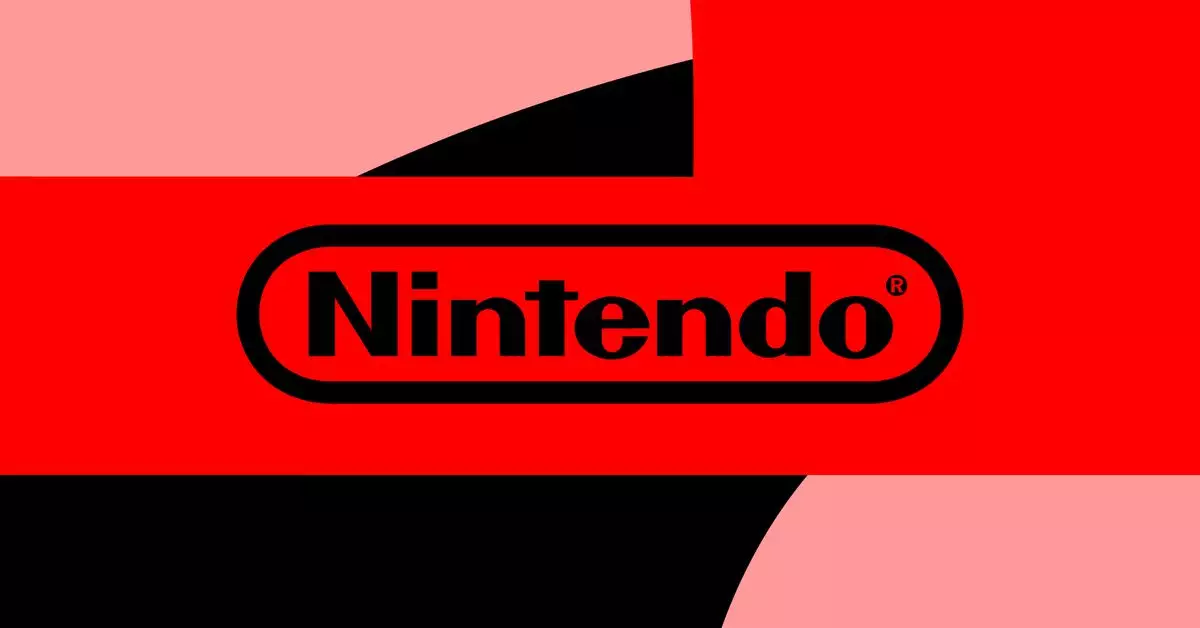As the gaming world eagerly anticipates the arrival of Nintendo’s next console, various questions linger about its capabilities, features, and potential impact on the gaming landscape. While the company has yet to disclose its official name or launch date, they have confirmed that the successor to the immensely popular Nintendo Switch will retain its backward compatibility with current Switch games. This announcement came during Nintendo’s midyear financial briefing, offering a future-oriented glimpse into how the gaming giant plans to build on its existing success while addressing the needs of both new and veteran players.
The Nintendo Switch has maintained significant market performance, with patches of impressive sales figures even as overall sales show signs of decline. In the last three months, the console sold approximately 4.72 million units, reflecting a drop of 31% compared to the same timeframe last year. Nevertheless, the grand total now stands at an astounding 146 million units sold since launch. This remarkable feat not only highlights the enduring popularity of the platform but also signifies a record-breaking number in terms of software sales, reaching a staggering 1.3 billion units by September 30, 2024. However, the occasional decrease in Nintendo Switch Online subscriptions, which recently fell to around 34 million, indicates a challenging landscape for the company as it strives to evolve its gaming ecosystem.
The conversation around backward compatibility takes center stage in discussions about the Nintendo Switch’s successor. In contrast to the relatively seamless transitions seen with Xbox Series X or PlayStation 5 consoles, Nintendo has faced its share of challenges. Transitioning from the Wii U to the Switch meant adopting a new cartridge format, which complicated the backward compatibility aspect for older titles. Much of the community remains in suspense, wondering whether favorite games from past consoles will be remastered for the Switch 2 or possibly included in Nintendo’s online offerings. The anticipation raises essential questions about the company’s commitment to not just gameplay but also video game preservation.
A report from the Video Game History Foundation revealed a troubling statistic: over 87% of video games released before 2010 are now considered “critically endangered,” meaning they are unavailable for purchase. Despite Nintendo’s efforts to bring some of its classic titles to the Switch, many significant games remain inaccessible to modern players. The expected successor presents an opportunity for Nintendo to address this issue, either through enhanced backward compatibility or through revamping classic titles for contemporary audiences.
As we look ahead, the implications of Nintendo’s forthcoming console extend beyond mere numbers and sales figures. The preservation of gaming history through backward compatibility is crucial for sustaining a vibrant gaming culture. As Nintendo navigates this new terrain, the company faces a fine line between embracing innovation and honoring its rich legacy. Players are not simply looking for new hardware; they desire a seamless experience that honors their gaming journey and provides access to beloved content, irrespective of console generations.
Analysts note that Nintendo’s strategic decisions leading up to the unveiling of the new console will be watched closely by competitors and fans alike. With the gaming market becoming increasingly competitive, Nintendo has to balance nostalgia with modern expectations. The company’s ability to engage with its community and adapt to changes in gaming consumption habits will be pivotal to its success.
While specific details remain elusive, the impending arrival of Nintendo’s Switch successor holds promise. With assurances of backward compatibility and a dedication to enriching player experiences, the gaming giant has positioned itself to continue its legacy in a rapidly evolving industry. As the date draws near for Nintendo to reveal more, gamers and industry observers alike are left to speculate and prepare for what could undoubtedly be a game-changing moment in Nintendo history. The future seems bright, yet the road to innovation must navigate preservation, as history has much to teach in this ever-changing realm of video gaming.

